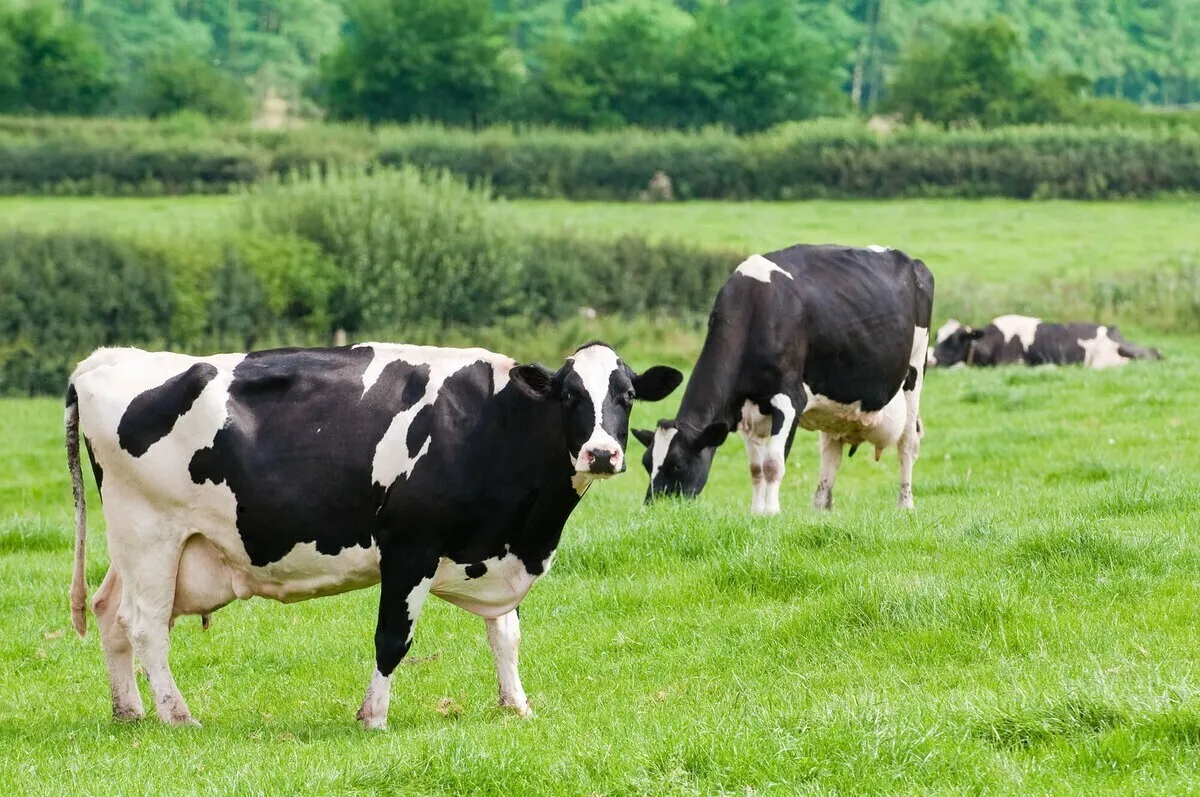Iranian Scientists Shorten Time for Producing Premium Calves

“In this method, we import female cows with a superior breed which have a birth certificate, and we also import and inject the sperm of premium bulls. Then, we turn the fertilized eggs into embryos called blastocysts in the laboratory and place these embryos in the uterus of ordinary cows,” said Mostafa Pour Nour Ali, an embryologist and a member of Avicenna Research Institute.
“Using this method, in the first generation, calves with 100% high genetic purity and superior characteristics are produced,” he added.
Noting that the traditional methods of eugenics take about 12 years, Pour Nour Ali said that the new method has reduced the time needed to produce a new generation to one year.
“In the traditional method, even if we use a superior breed cow, we can have at most one calf per year, but using laboratory techniques, we can produce about 50 embryos per year from each premium female cow. An average of 20 calves are born from this number of embryos and so we can significantly increase the speed of breeding with this method,” he underlined.
In a relevant development last year, an Iranian researcher had also used nanotechnology to present a solution to improve fertility in the sheep flock.
“In order to preserve native livestock and prevent the extinction of these valuable genetic resources, it is necessary to dedicate a part to our research in the field of applying the best methods of preserving and transferring these genes to future generations. In the meantime, sperm preservation methods should improve to attain this goal,” said Mahdiyeh Mehdipour, the manager of the project.
She added that fertilization of a large number of ewes by using sperm of superior breed rams, reducing the costs of maintaining rams, creating gene pools, easy transfer of semen from production centers to the most distant places, ensuring the survival of unique rams and preventing the extinction of superior breeds are the basic applications of the rams' sperm freezing process, noting, “In this project, we used nanotechnology which ensures that the desired substance enters the sperm optimally and slowly, and as a result, the stress caused by the sudden entry of the substance into the environment and finally sperm shock is avoided. On the other hand, in this research, rosiglitazone is used to preserve sperm in a refrigerated form, which has shown very strong protective effects in protection of sperm in various researches.”
“This project helps to achieve appropriate technologies to improve reproduction efficiency and the use of candidate genes effective on performance in sheep, goats, and native cattle of Iran,” Mehdipour said.
4155/v





















